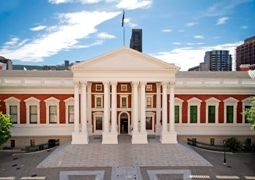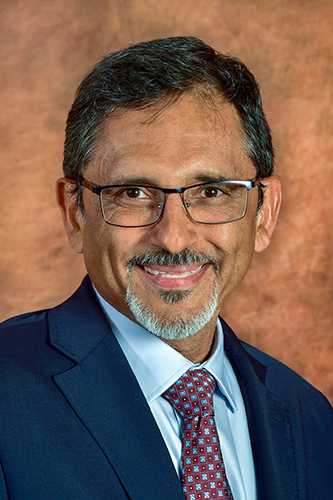
In his opening address of the National Council of Provinces’ (NCOP’s) Programme Committee, its Chairperson, Mr Amos Masondo, added his voice to the need for our nation to “soldier on until it emerges triumphantly. We will prove to be stronger, because throughout history humankind has survived plagues. This will also come to pass. We should remain strong, hopeful and united as a nation and observe all the required rules and regulations as stipulated”.
There are various matters that arose related to the administration of committees and oversight obligations of the NCOP in its second parliamentary programme.
There was an observation that the joint committee meetings between the NCOP and NA (National Assembly) are often clashing, leaving the NCOP with no option but to miss others. The problem is the small number of NCOP members who serve on cluster committees rather than individual committees as is the case in the NA.
The House Chair of the NCOP, Mr Jomo Nyambi, reporting on how committees have fared thus far, said Parliament has since the inception of virtual meeting regime conducted more than 100 meetings.
“Many of them went well without any major disruptions. And there were no security threats reported. Parliament is ready to defuse such if they ever arise,” he assured the members of the NCOP Programme Committee.
There was, however, a common view that the synchronisation of joint committee meetings between the NCOP and NA needed to be improved.
There was also a view that the NA and NCOP committee Chairs should be seen as equals, and not allow the former to be seen to be having undue prominence over the NCOP’s.
In the second parliamentary programme, the NCOP will host the Department of Cooperative Governance and Traditional Affairs (CoGTA) and the Department of Health respectively, to interrogate and assess the impact of their interventions and responses to Covid-19.
“These presentations will give the NCOP members an opportunity to interact with the ministers, and they will be allowed to have a thorough discussion with them to assess their respective responses to the Covid-19 pandemic,” says the Chief Whip of the NCOP, Mr Seiso Mohai.
An opposing view that no effective oversight the NCOP can exercise over these ministers because the rules and regulations of lockdown were never presented to the NCOP before they came into effect was registered by Ms Cathleen Lubuschagne.
“If we need real accountability, the rules should have been tabled before Parliament. Whatever they are going to tell us cannot be contested because it is now law.”
Mr Mohai interjected: “If we understand the architecture of the NCOP well, we are not acting on our own. If ministers come before us they must be held accountable. And I am of the view that there are elements in their presentations that will enrich and capacitate our understand of the scope of their work and how to use that to hold them accountable as members of the NCOP.”
We know that there are processes and procedures governing how we should conduct our oversight work, said Ms Sylvia Lucas, the Deputy Chairperson of the NCOP. “But we are now faced with an extraordinary situation. We can’t act as if it’s business as usual when it is not.
“The pandemic calls upon us to change the way we normally conduct our oversight work, including how we hold the executive accountable in this period,” she added.
Asked if there would be any observation of commemorative days of our country’s history in this calendar year, Ms Lucas replied: “There are ideas in place on how to commemorate significant events in our country’s political calendar. We are still working on their modalities. They will be presented to the programme committee in due course for adoption.”
The Chairperson of the NCOP acknowledged the matters raised and cautioned: “Let’s find each other on common ground. Let’s minimise disruptive acts. This committee should find expression to the issues that confront us as a nation right now as we move to the future.”
By Abel Mputing
19 May 2020

